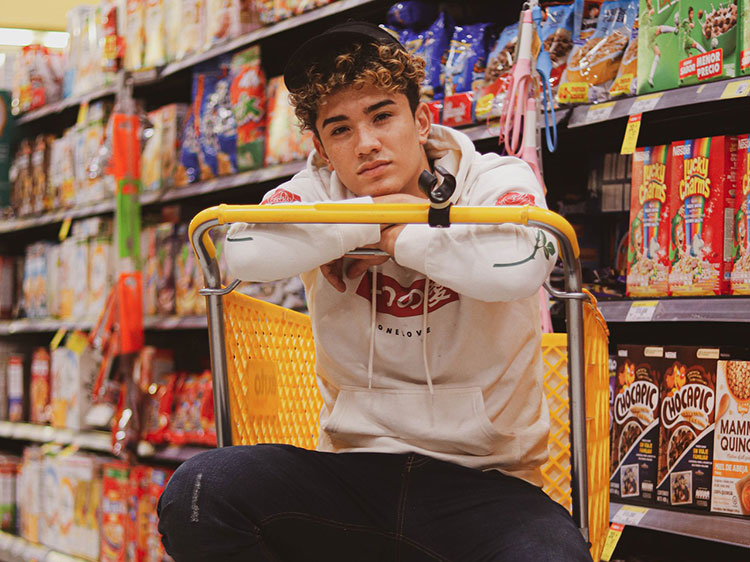
Every generation has some tool or technology that didn’t exist for their parents but they can’t live without. It was true for electricity, it’s becoming true for cellphones, and for the upcoming generation, it seems to be the digital world. This “Generation Z” has grown up not only with online tools and social media, but they have grown up on it. It’s all they know, and they have an affinity for all of the connection, convenience, and transparency the digital space provides.
This accessible knowledge makes them unique consumers, describes Eve Pollet. Gen Z recognizes the responsibility to use their resources to improve their world. They have plenty of information and choices available at the press of a button, so they believe products and companies must constantly provide reasons and proof of quality to stay relevant. That pertains to their food choices as much as anything.
Pollet is the senior vice president for strategic intelligence with Dairy Management Inc., and she will be discussing this future generation of consumers at this year’s Connect Summit. In regard to food, she notes that Gen Z wants food to be enjoyed, a tool to express identity, and a way to achieve health and wellness benefits.
Dairy fits into this picture because these younger consumers love the taste of dairy and want to indulge in it, Pollet says. However, they have some questions around nutrition and sustainability and want proof that dairy is healthy for them. Remember that this generation has also grown up with dairy alternatives being more mainstream, a perspective that previous consumers have not held. “Dairy is forced to prove itself more to this generation and generations below it from every standpoint: nutrition, sustainability, taste and experience, and more,” Pollet explains.
How will that happen? Dairy education and promotion will embrace these new platforms that consumers live on, develop new health and wellness strategies, and work on sustainability commitments and strategies with the industry. Education will be more experiential and social, she says. That means consumers want to experience the information they’re hearing, often by observation.
Luckily, farmers have plenty of platforms available to share the realities of dairy production and make dairy farming less foreign to consumers who are increasingly less connected to their food. “They want to hear straight from the source, from farmers,” Pollet assures. “As much positive information is out there, there’s as much counter information.”
Using platforms that consumers care about can help reduce the questions surrounding dairy products and dairy farming. Education will also evolve with new data that can share the industry’s progress on sustainability, health benefits, and more, she continues.
Pollet will dive deeper into dairy’s relationship with the future consumer at the Connect Summit, June 15 to 17 in Nashville, Tenn. Registration for the conference, which will highlight advances and opportunities for data and technology in the dairy industry, is open now.








